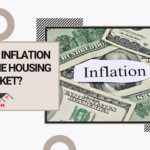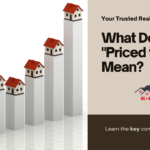Tax Implications of Selling Your Home in Indianapolis
Do you have to pay capital gains tax when selling your home in 2025? If you profit from the sale of your home in 2025, you may owe capital gains tax. However, many homeowners qualify for an exclusion—up to $250,000 for single filers or $500,000 for married couples filing jointly—if they’ve lived in the home … Continued












